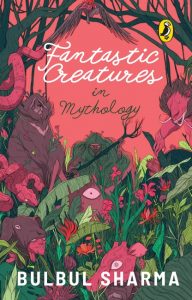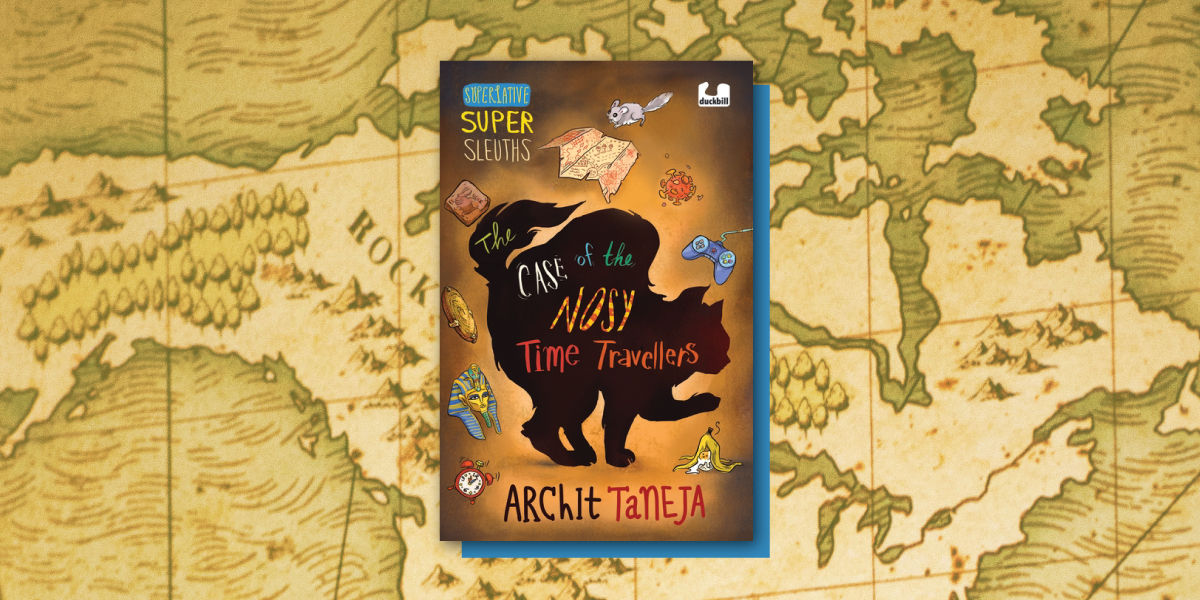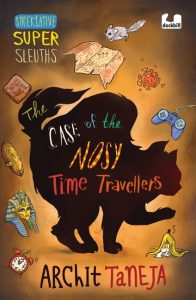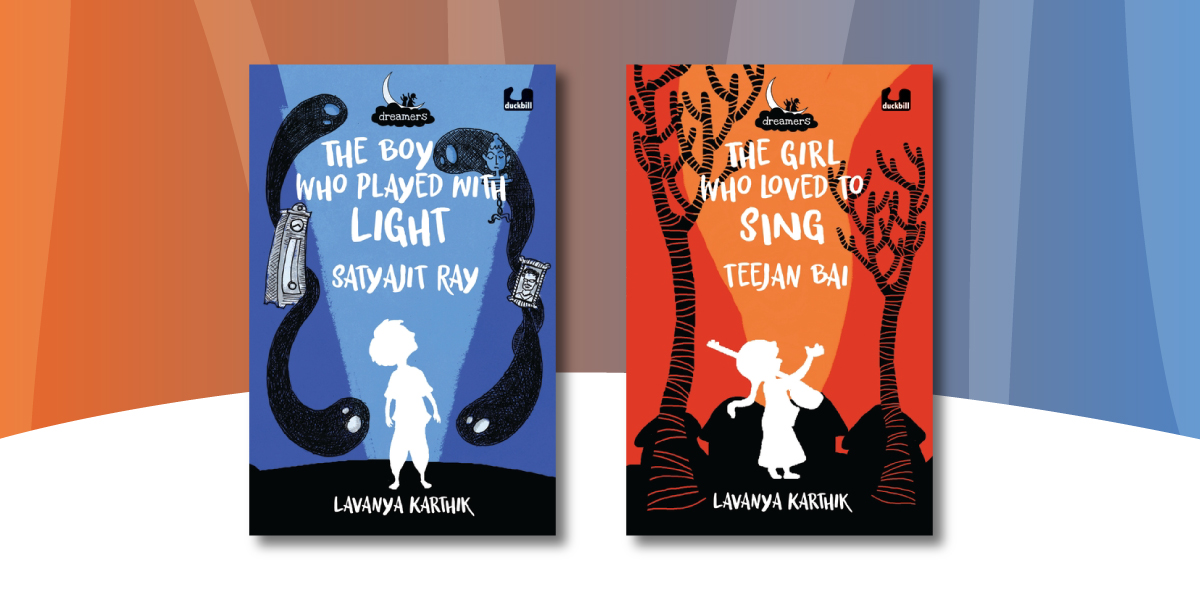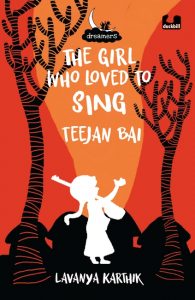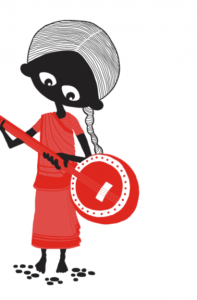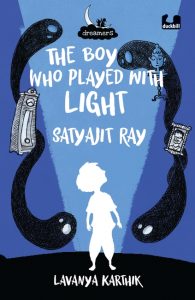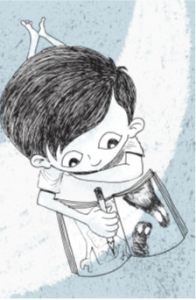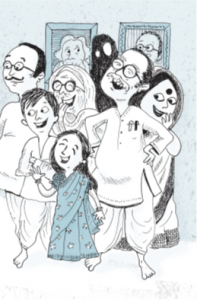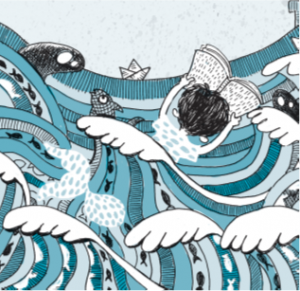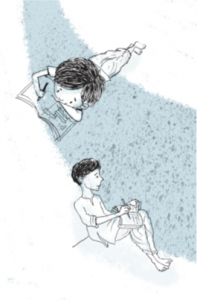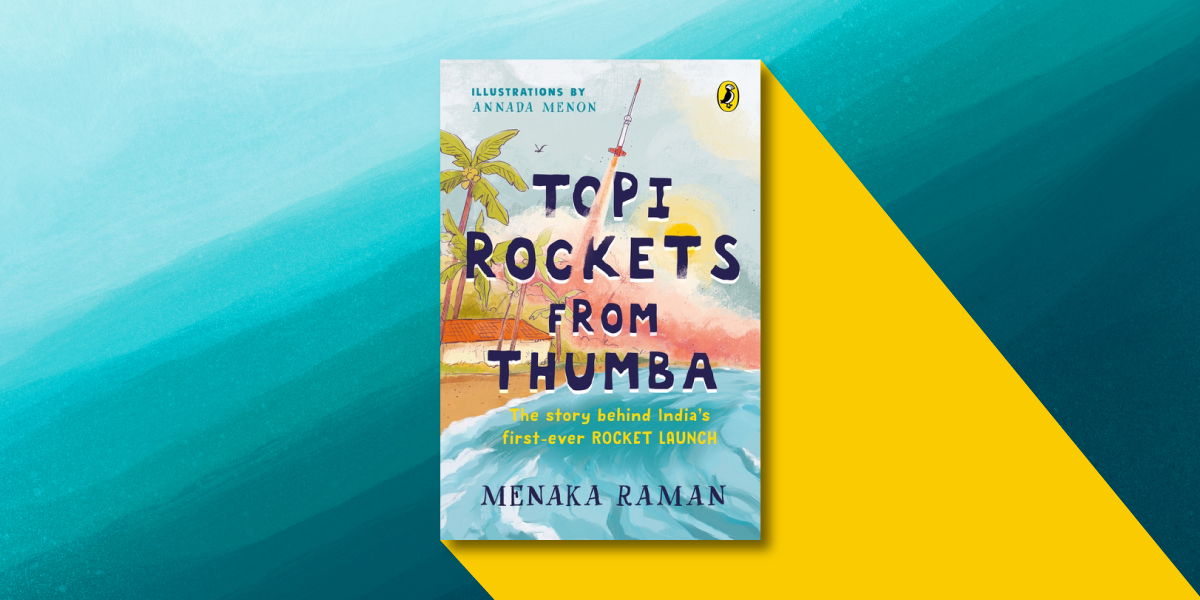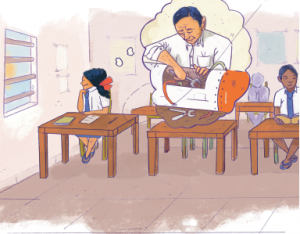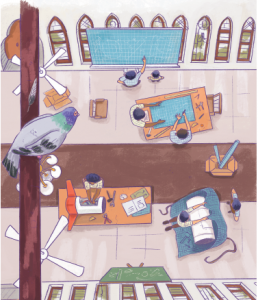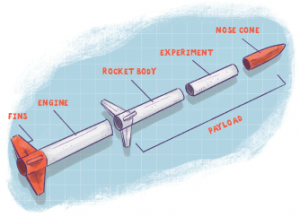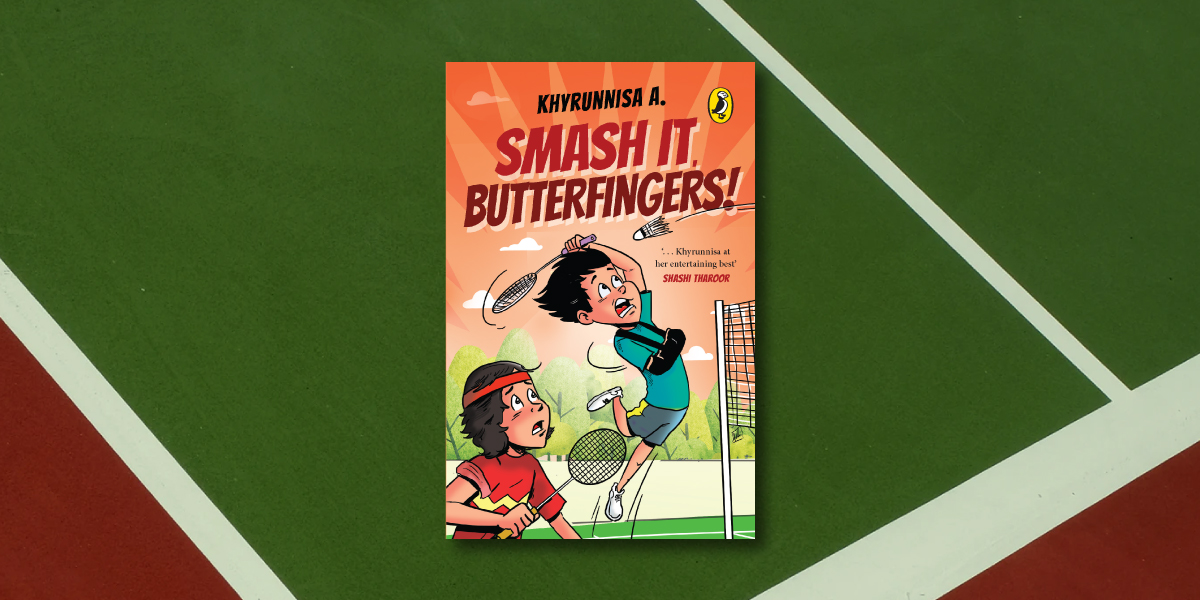This time, the Super Six of Ganesh Colony are up to something serious! Their friend, Lakshmi, seems to be harbouring a terrible secret–she’s being bullied online! As she receives one nasty message after another, she fears being disqualified from the tournament.
Let’s read this excerpt from Chatur Chanakya vs The World Wide Web to understand what cyberbullying is.
*
The next day, Arjun walked into assembly feeling determined. He’d decided to discuss his problem with Chanakya right after assembly ended. But just as the students were about to disperse after the national anthem, Dr Dolly Henry, the principal, took over the microphone and requested the students to settle down. Everyone started looking around. This urgent meeting convened by her sent a wave of murmurs through the room that was packed to capacity. It seemed that the president, trustees, secretary and other school management were in attendance too.
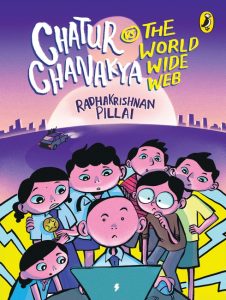
‘Dear students, good morning,’ Dr Henry began. ‘I know that most of you and your parents use social media. Facebook, Instagram, WhatsApp, Twitter and even YouTube . . . it is all helpful, we all know that. We find information and new ideas for projects and assignments online. It opens our minds to a new world of possibilities. It broadens our vision and we come to know what is happening around the world. But while we can use it to our advantage, let us be aware that it can also do a lot of harm.’ 
She paused and looked at the students with deep concern before continuing, ‘Yesterday, we were called by an official of the education department for a meeting. Principals from schools in Mulund and the surrounding areas were present there.’
Dr Henry continued, ‘Most of us have seen that both adults and children are quick to develop an addiction to smartphones and social media. But did you know that we are vulnerable to attack when we’re online? Even your parents can be targets of cybercrime. In the past, internet accounts have been hacked and money has been transferred from bank accounts by accessing personal information. But today, I’m here to talk to you about something closer to home.’ The principal’s eyes scanned the crowd. The children shifted on their feet; even the teachers sat up straight.
‘In the meeting, one of the school principals presented a case of a young girl from her school, who had made a friend on Facebook. The girl had accepted the friend request and been chatting with this friend regularly because after looking at her pictures, she thought it was someone she’d seen in her tuition classes.
‘One day, this friend asked her to meet up for a snack outside her school. When the girl agreed and went there, the friend was nowhere to be seen. Instead, a man came to her and told her that he was her friend’s father, and that she was waiting for her on the other side of the road. So this innocent girl started walking with this man. But his intention was to take her away!
‘Luckily, one of the schoolteachers saw her along with this unknown man and immediately sensed something was wrong. The teacher went and asked the girl who he was. When the teacher started to cross-examine the man, he ran away. The young girl was so shocked. She was so disturbed by this incident that she started to distrust all her friends.
‘The good news is that the girl is fine now, thanks to the support of her school, parents and friends.’ Dr Henry breathed a sigh of relief.
‘But,’ she added, ‘we have been asked to be cautious, given the rise in the number of cybercriminals and bullies. There have been cases of people who have been harassed and bullied by their own classmates. This is called cyberbullying.
My dear students, it is our responsibility as a school and management to tell you about this and make you aware of the dangers that are all around us.
**
Read to your little ones this story about cyberbullying and much more! Get your copy from the nearest bookstores or online.







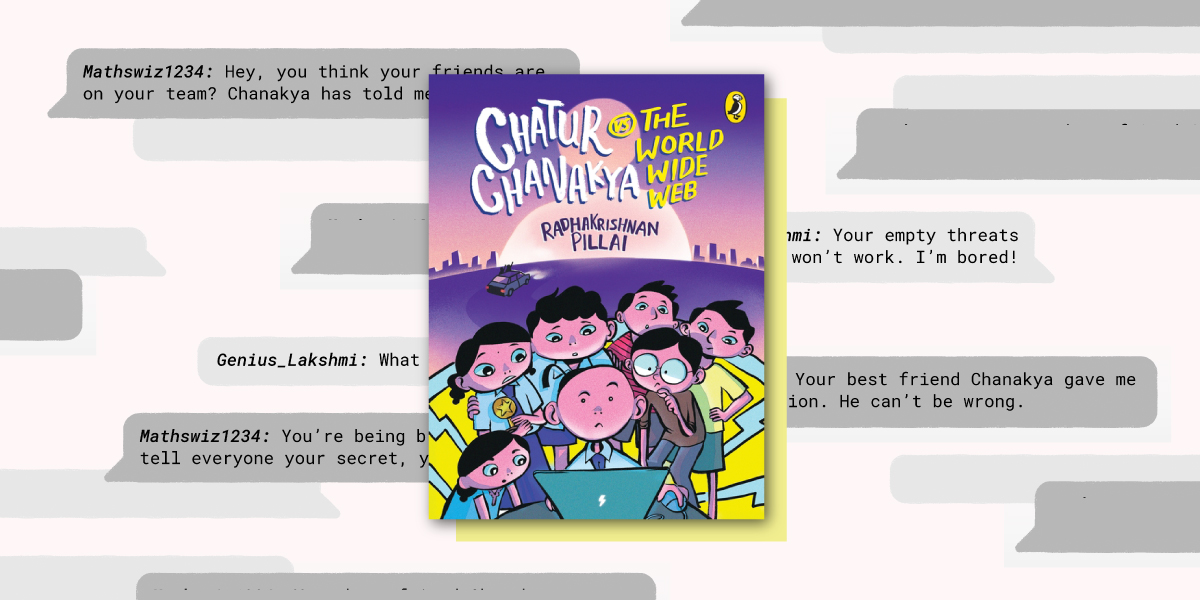
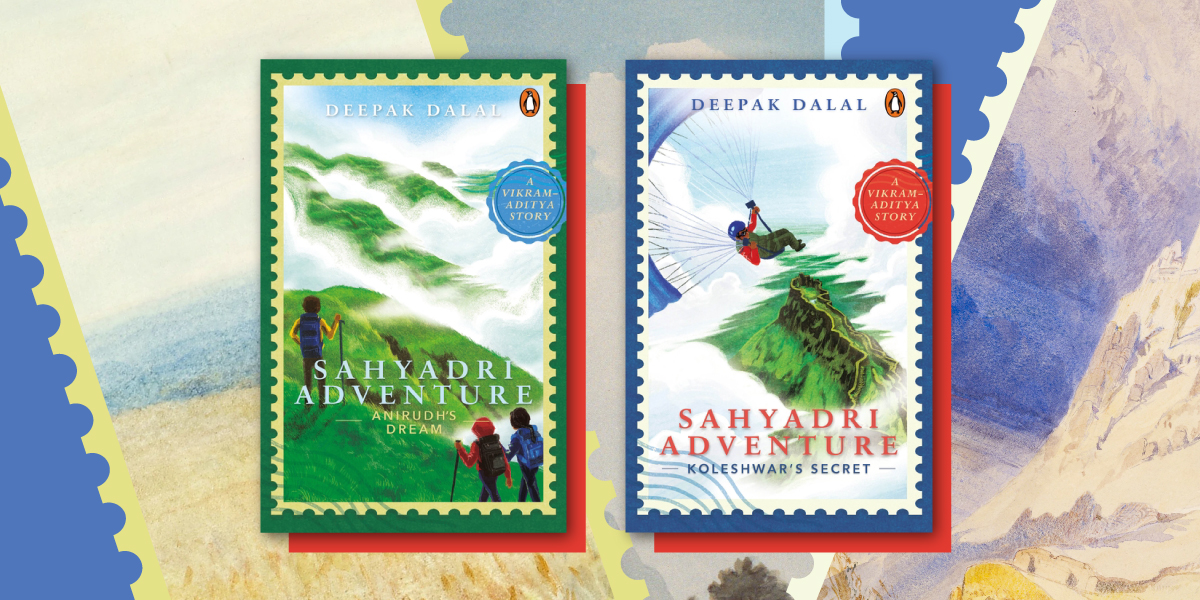


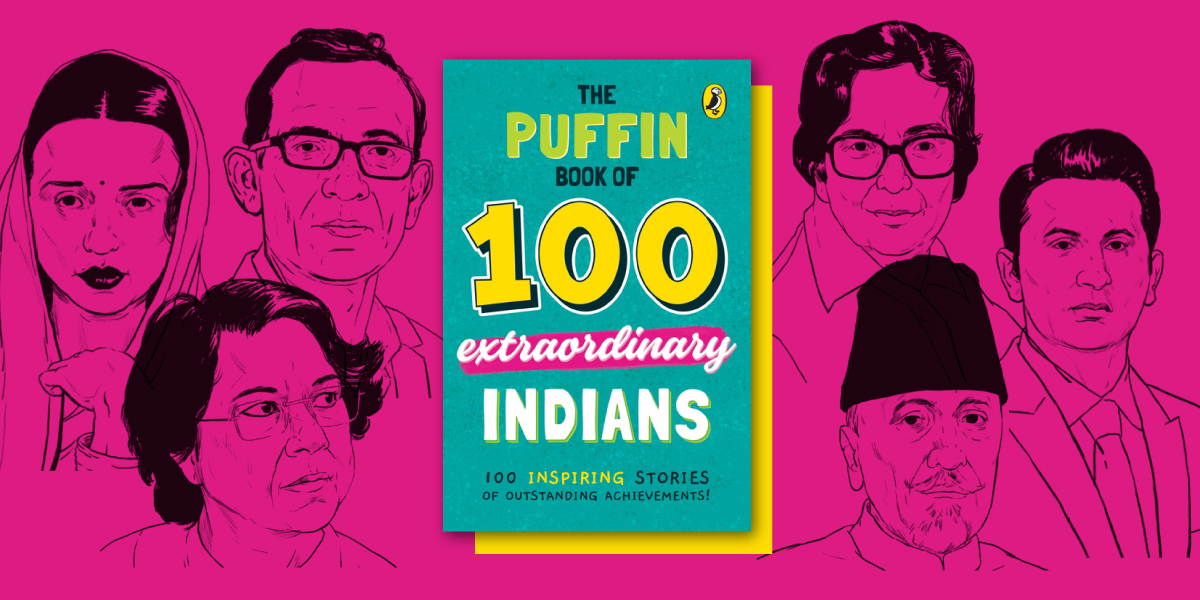




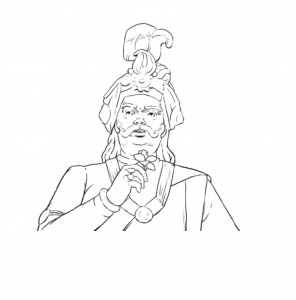
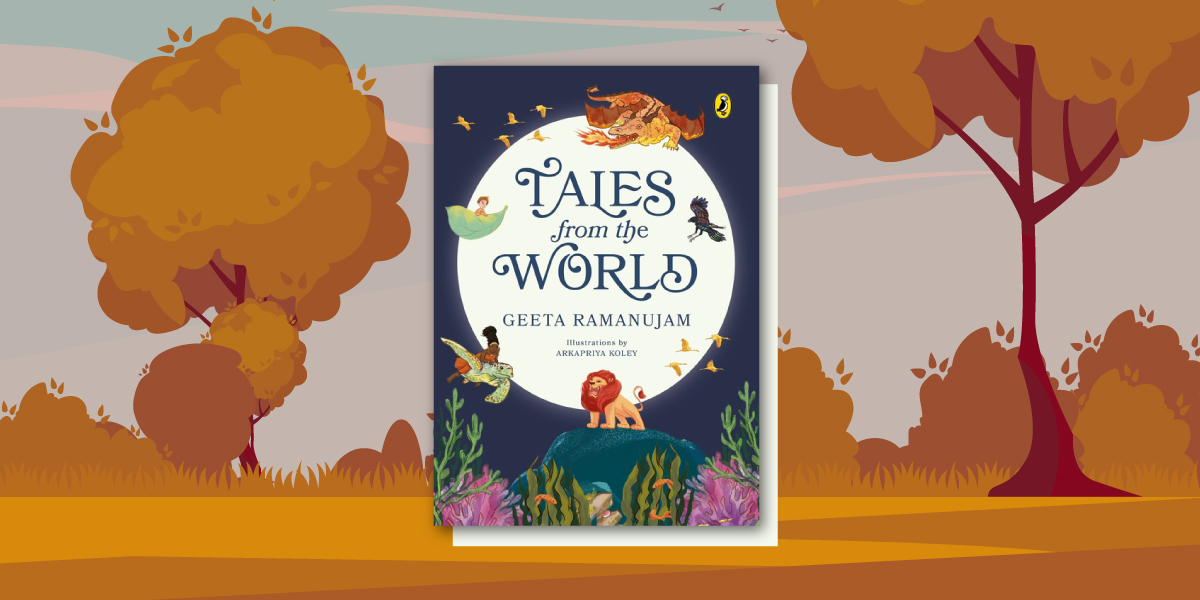

 that he’d be triumphant. He emerged from his home at midnight, his beautiful colours lighting up the night sky. He’d crafted a coach with diamonds, which was drawn by a thousand white horses. He wore a rainbow cloak and a crown made of gems from the sea. Behind him was another coach filled with gold, silver, pearls and gifts for Lindu. He looked radiant as he left an indigo, purple, blue and pink trail across the sky on his way to Uko’s palace.
that he’d be triumphant. He emerged from his home at midnight, his beautiful colours lighting up the night sky. He’d crafted a coach with diamonds, which was drawn by a thousand white horses. He wore a rainbow cloak and a crown made of gems from the sea. Behind him was another coach filled with gold, silver, pearls and gifts for Lindu. He looked radiant as he left an indigo, purple, blue and pink trail across the sky on his way to Uko’s palace.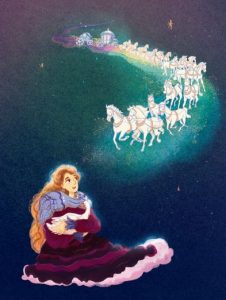 ‘Lindu,’ he called out, ‘if you marry me, you will not have to follow me like a shadow. You will not have to travel the same path as the others. You can set out anytime you wish and rest when it pleases you. Would you like to be my bride?’ He bent down on his knees to ask for Lindu’s hand.
‘Lindu,’ he called out, ‘if you marry me, you will not have to follow me like a shadow. You will not have to travel the same path as the others. You can set out anytime you wish and rest when it pleases you. Would you like to be my bride?’ He bent down on his knees to ask for Lindu’s hand.
